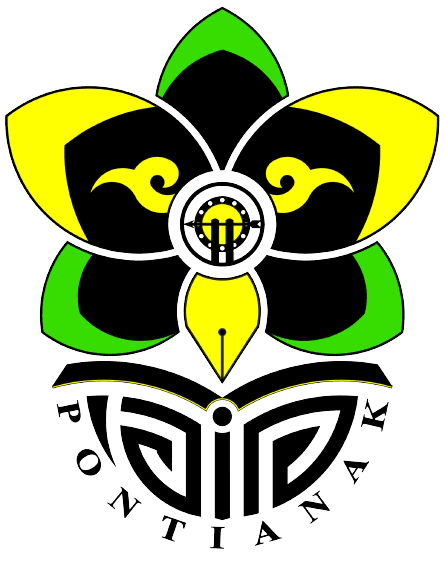Analisis Peran Konselor Sekolah Dalam Membentuk Profil Pelajar Pancasila Dan Implikasinya Terhadap Ketahanan Pribadi Siswa
DOI:
https://doi.org/10.24260/as-syamil.v2i2.896Keywords:
Counselors Role, Pancasila Student Profile, Character Education, Personal ResilienceAbstract
Abstract: The strategic plan of the Ministry of Education and Culture of the Republic of Indonesia regarding the profile of Pancasila students needs to be realized by various parties on a macro and micro scale, including the role of a counselor in schools as an important part in achieving these goals. This article analyzes the role of counselors in shaping the profile of Pancasila students and their implications for students' personal resilience by using the literature study method. Counselors in schools have tasks that are closely related to the mission of character education which implies that students have the values ??of personal resilience, namely self-confidence and adhering to principles, being independent and free from a sense of responsibility. This is in accordance with the six character profiles of Pancasila students that were formed, namely faith, fear of God Almighty and noble character; global diversity; worked together; independent; critical reasoning; and creative. In addition, the synergy of all parties is needed to anticipate the impact of non-constructive implementation for the counselor profession.








